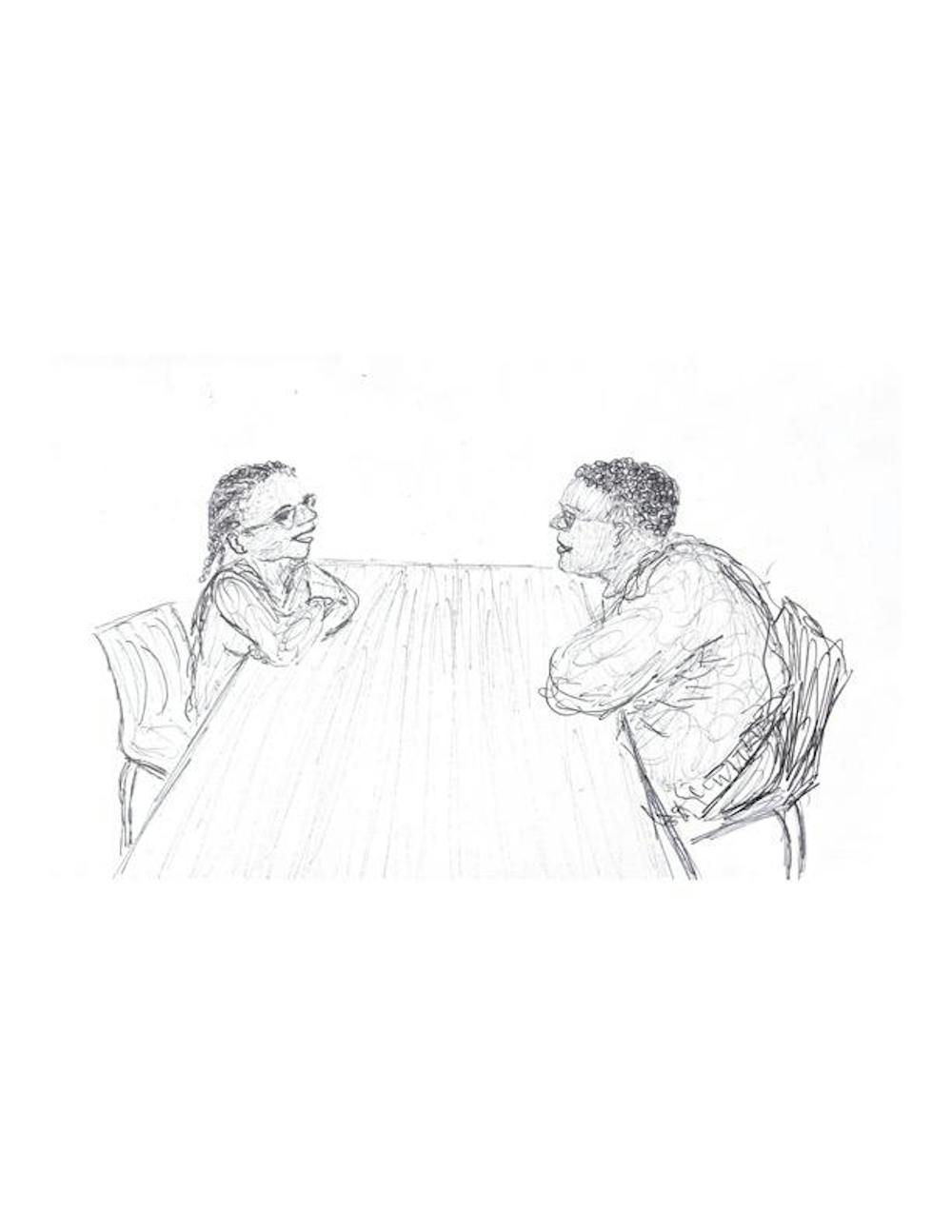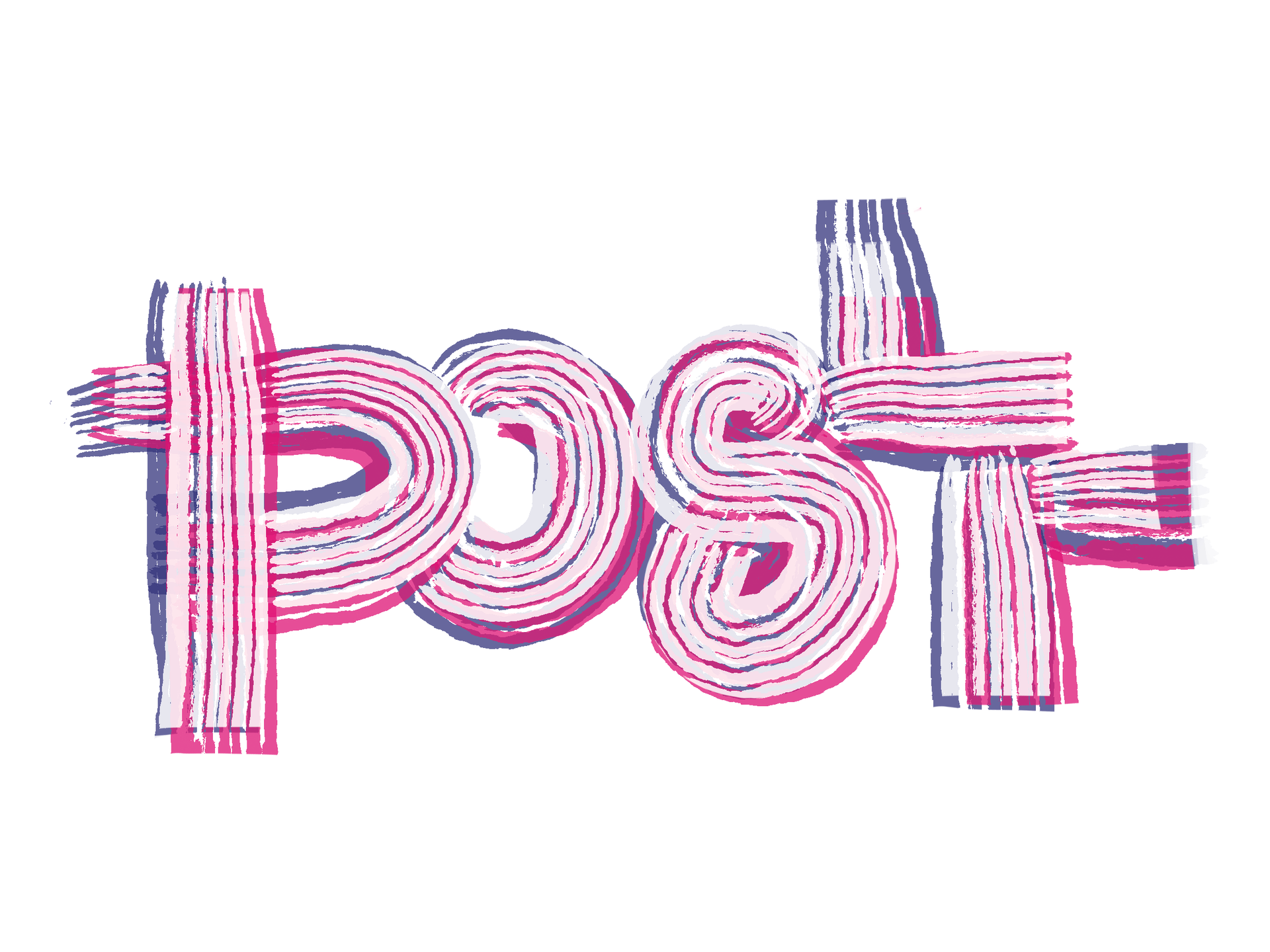This summer, I started journaling more consistently, generating list after list to wrangle my otherwise incoherent jumble of thoughts—favorite songs of the month, all-nighters ranked from most-bad to sorta-fun, top five core memories, most transformative friendships. I lingered on the last one longer than usual. With international orientation looming less than a month away, I’d begun to feel anxious about making friends. How do two people from different continents go from complete strangers, to friends, to lying-on-a-carpet-in-a-dorm-room-together type of close? Something about that exponential progression seemed shot by magic, the machinery of fate and coincidence coalescing in a rare stroke of sympathy from the universe. Reliving my past friendships anchored me. Dude, stuff like this happens in real life, to everyone. It’s happened to you, too, ever since you were barely old enough to remember.
...
I don’t know who discovered it first, but by spring, word got around that the honeysuckles dotting the playground made for delicious recess snacks. I’d kneel with Alicia in front of the clusters outside our classroom window, pondering which ones to pluck as the ground dug patterns into our knees. Her bangs fell in front of her face in chunks—my hair was tucked behind my ears. The flowers were always sprinkled with little bugs. I’d watch them circle the stems, green and barely distinguishable from dew drops. We didn’t care—we stuck our tongues out anyways. It was second grade and we were bright with wonder, willowy, hitting growth spurts with the momentum of post-popsicle sugar rushes and shedding every loose tooth like a sacrifice for metamorphosis. We were hungry for everything.
Alicia was my best friend, B-F-F, basically twin sister. She’s laced tightly through every memory of my childhood, like a tangerine peel knitted into ripe pulp. It was the type of friendship sprung from everything pure, so intimate you felt that you were more the other person than yourself. I guess that’s what it was, really. We screamed each other’s full, legal names from the bottoms of stairwells every day at three, believed every wild thing the other person said, and loved everything we did together, and in doing so, we made each other.
Winter in Beijing came in heaving exhales, wind ripping through a yellow cold. During recess, we’d sit on the balance beam with our arms intertwined in some extravagantly complex way.
“What if the wind blows us away?”
“Then we’ll stick together, like this.”
I adjusted my right hand so that it enclosed hers fully. Then, we squeezed our eyes shut and huddled close, imagining the wind scooping us up. Far off, where the tip of the steel transmission tower cut into the sky and a dandelion seed drifted, that’s where we were. Floating and weightless. We dreamed of flying and laughed about how crazy it all sounded. I think it was then that I first became conscious of our friendship, the fullness of our connection that made me feel so close to magic. Nothing had ever felt so good in my life. I realized this when I was 12, maybe 13, a year before Alicia left for Massachusetts.
In Hua Hsu’s memoir Stay True, which explores friendship and grief through college, he writes, “Friendship rests on the presumption of reciprocity, of drifting in and out of one another’s lives, with occasional moments of wild intensity.” I’ve learned that this is true. My text histories with my friends from middle school are segmented by months of comfortable silence, a quiet acknowledgement that we’re happy watching each other’s lives unfold from a distance. But when you’re in elementary school, you don’t have access to that moderation. You don’t know how to contain your first friendships because you’re busy coloring yourself into their lives, melting into a joy larger than you’ve ever known. Every moment is wild, a beat that calls for a louder one to follow. I like to think that you never grow out of that unrelenting wonder as long as you remember having felt it.
...
In high school film class, I met Jake, Derek, and Michael. We sat for hours at night in a too-tight studio room as the school emptied itself, combing through every word of our script. Our conversations drifted to college, how Derek would drop anything to watch any Wong Kar-wai movie, how he dreamed of burning a story on a film roll; how, once Jake graduated and got out of the city, he wanted to travel continents with nothing but a suitcase and a camera and start a blog about it. I listened to their dreams like they were mine too.
When grappling with the senseless death of his close friend at Berkeley, Hsu cites Derrida, who, like him, writes about friendship in the wake of a personal loss. “A friend, he wrote, would ‘choose knowing rather than being known.’ I had always thought it was the other way around.” Our 6 p.m. meetings, imbued with the stuffiness of take-out and a thin hum of anxiety for the future, awakened me to this untethered desire to understand—to revel and fall deeper into the vibrancy of your friend, if only for a split moment. Imagine all that they can offer the world.
One November, we ended up together on a mud-land at the edge of Shanghai in the dead of night, the tiny curve on the breast of China where the country brushes against the Pacific. We wanted a shot of a sunrise mirrored onto a reflective surface, and that was the only place in Shanghai you could get that much water, that much quiet. On the ride to the coast, the pre-dawn fog spread around the car like a lake. I couldn’t shake the feeling that we were gliding on clear water, probing the brink of some opening.
When we got to the shore, Jake and Derek decided to scope out the area. Half an hour later, they came back with their faces alive, eyes blown wide.
“I don’t think I’ve ever felt anything like that ever. Come down. You have to see.”
Michael and I rushed behind them down the dirt slope, tripod-and-all clanking behind us. We stopped only to peel off our socks and let our feet sink into rough mud. We walked further towards the shore. The ocean seemed to rise, open, ease us forward. I kept on looking at their silhouettes against the brightening sky. The world was so blue, so still.
To my left, Derek screamed into the sky with his entire chest. His shout landed softly, small and silent against the sun. He turned around, swore under his breath, laughed. No one else made a sound. We were all spellbound by the moment—when Hsu wrote about wild intensity, this is what he must’ve meant—the magic flooding and flooding through us in the warmest of ways. I looked over at my friends, their faces scuffed with light. I couldn’t see a single shadow anywhere.
...
I dragged my suitcases up to the third floor of Andrews on the first day of international orientation with all this at the back of my mind. During the first night activity, I hung around Kelley, my friend from high school, suddenly intimidated by the sheer number of new faces. We were mid-sentence through figuring out how on earth you just go up and introduce yourself to someone when a girl walked up to us and introduced herself. “Hi! I’m Christine.” She smiled, tilted her head when we talked about Shanghai, and told us about how long it took to fly from Nairobi. I stuck by her that night, pulled to her warmth, the effort she made to show that she was listening. A few days later, we met a girl from Kazakhstan over lunch.
“I have packages to pick up. Wanna come?” Walking up Brown Street, we learned that Amira translates to princess, that she loves the name for its uniqueness and because her father picked it out. Can you spell out my last name too? Then we’ll be true friends. I was drawn to her bluntness, the way I couldn’t see her being anything less than fiercely genuine.
We ended up sitting around the donut-shaped bench outside Miller, the four of us pouring our hearts out over dried-out rice bowls and the quiet, tenderly unraveled pieces of our lives we brought to Providence. We go to Waterfire together, we watch Spider-Man: Across the Spider-Verse on the Main Green (our butts damp from the grass), we navigate the path to Trader Joe’s and realize how tiring it is to lug a month’s worth of snacks up College Hill. I deem these small firsts remarkable; they joke about how completely, unironically sentimental I am.
One day, Christine comes back from Trader Joe’s with a surprise. “Where are you? I have something to give you guys.” It’s flowers, Amira’s favorite gift, with a bouquet and a note for each of us. And I realize: it is possible to fall in love with people simply because they are wonderful, kind, infinitely giving. In many ways, it feels like being a child again. Sitting on the balance beam with Alicia and believing in magic, as long as our arms remained interlinked. Living every day with the rush of a lifetime. In moments around a Ratty table and spontaneous runs from the MoChamp lounge to CVS, everything seems to fall in place—I thank myself for always looking, for knowing that what I find will be worth it.
Hsu’s memoir documents his friendships throughout college with a mundanity so unshakably alive, and I guess that’s why I keep coming back to his prose. He writes about how in friendships, we are all desperately searching for something, trying to find ourselves in other people. Once we get to know them, they stay with us forever in memory, and so a connection is as much about the future as the present, in its remembrance and its temporal immensity. So really, he’s talking about hope. I believe in it too. In September, when I signed up to write for the December publication of post-, my newly-convocated self couldn’t help but imagine: what would I be writing about then? Friends, I hoped. People. And to that girl, I say: You’re right, I’m drafting this right now, and I could write about them forever.
Elena Jiang was a University News Editor from Shanghai, China concentrating in English Nonfiction and International & Public Affairs.





